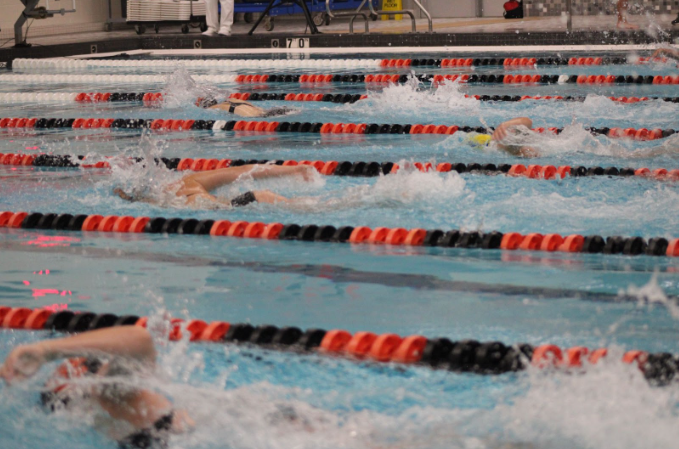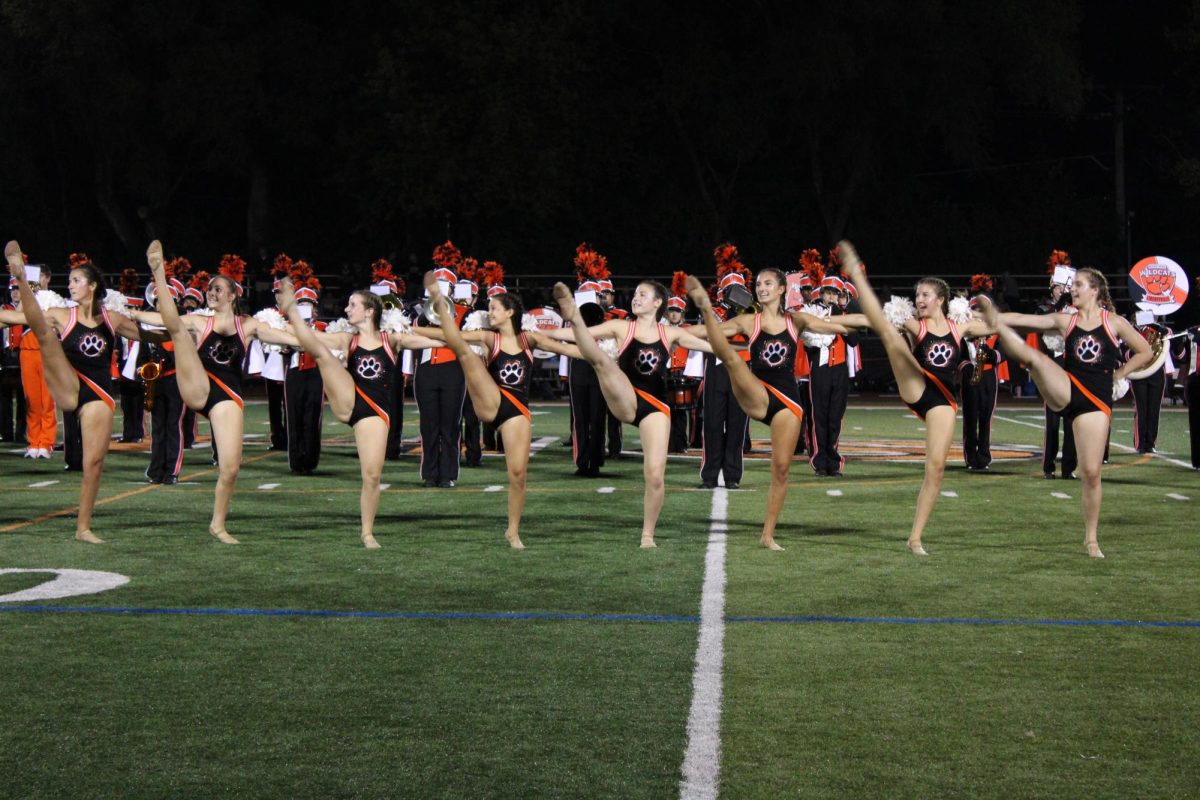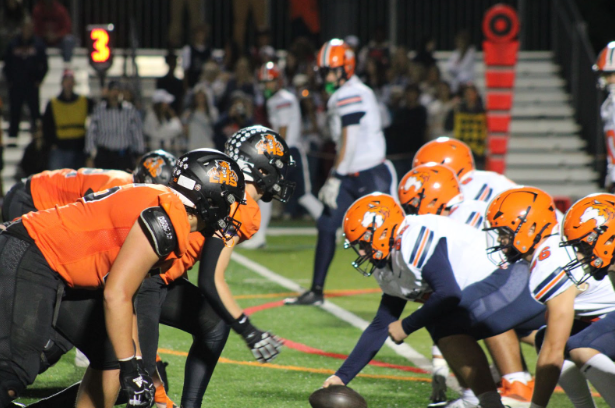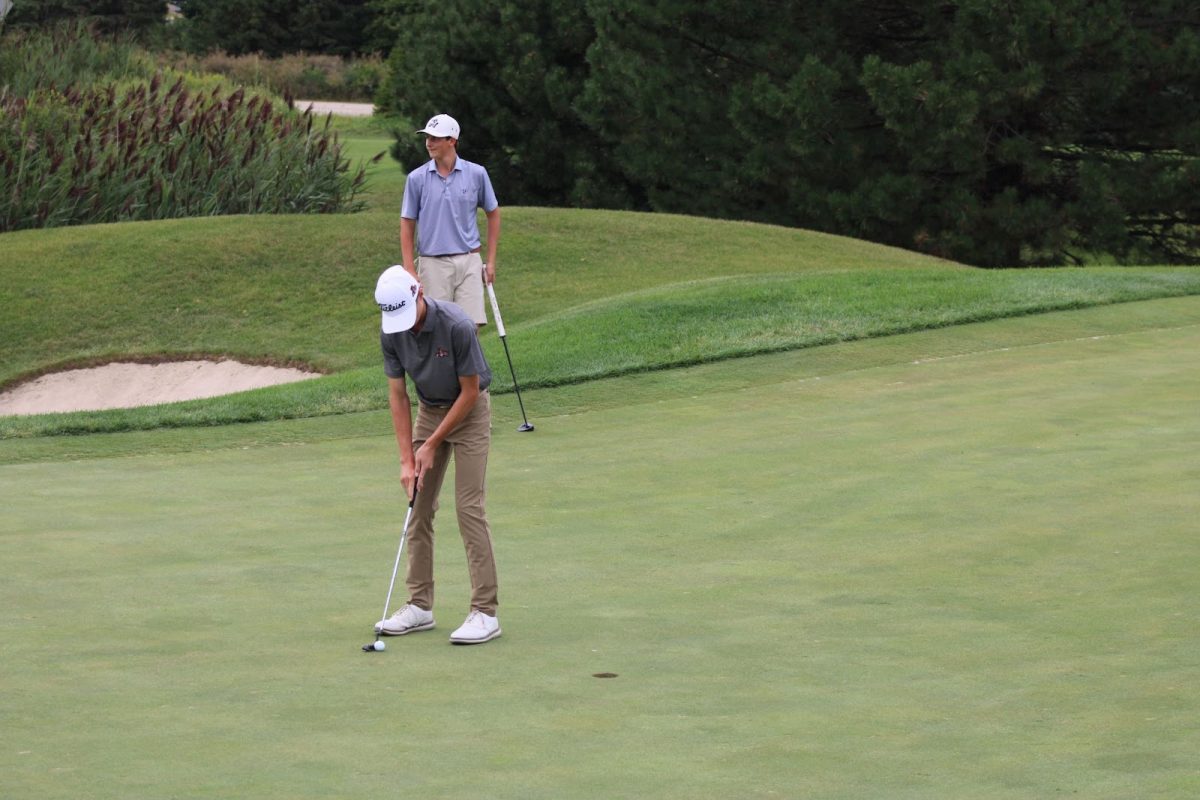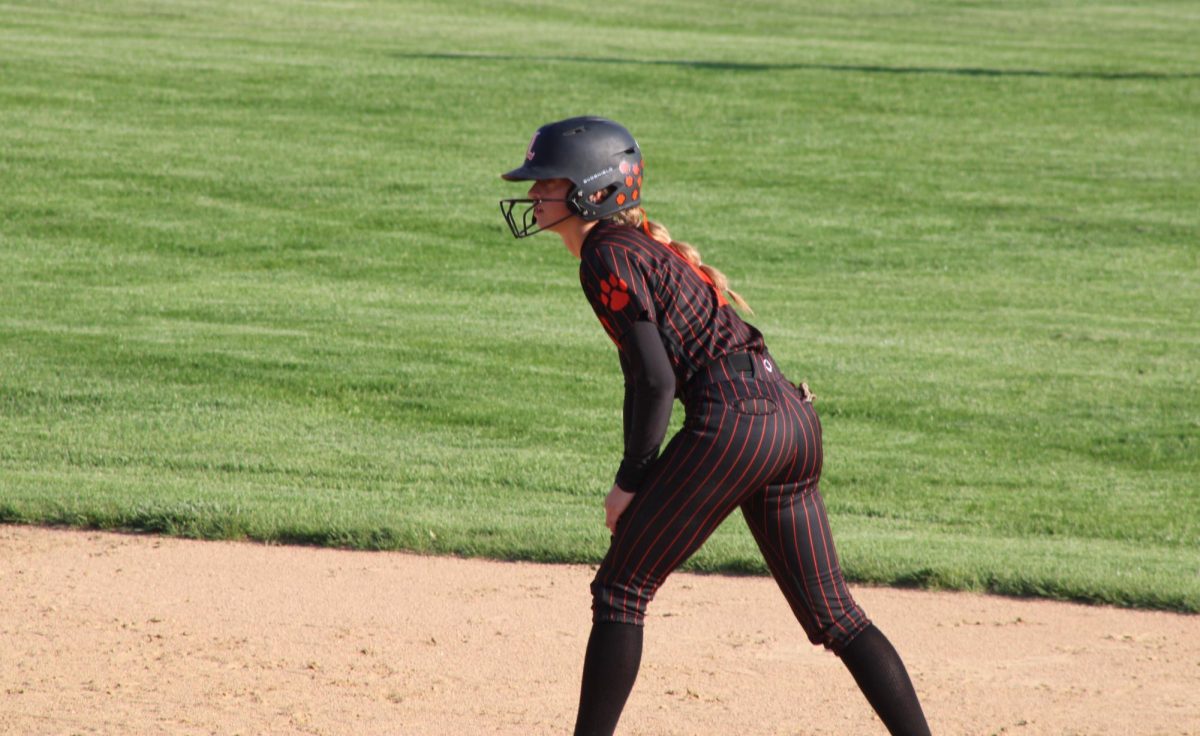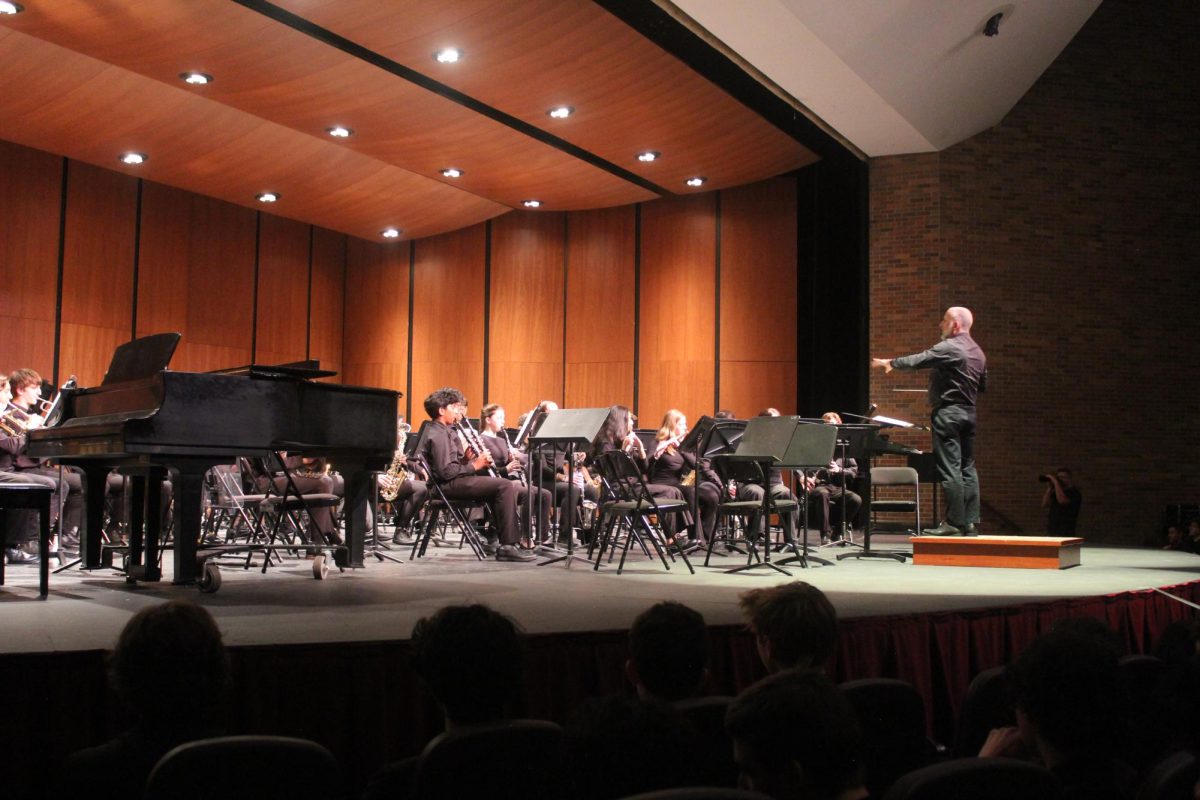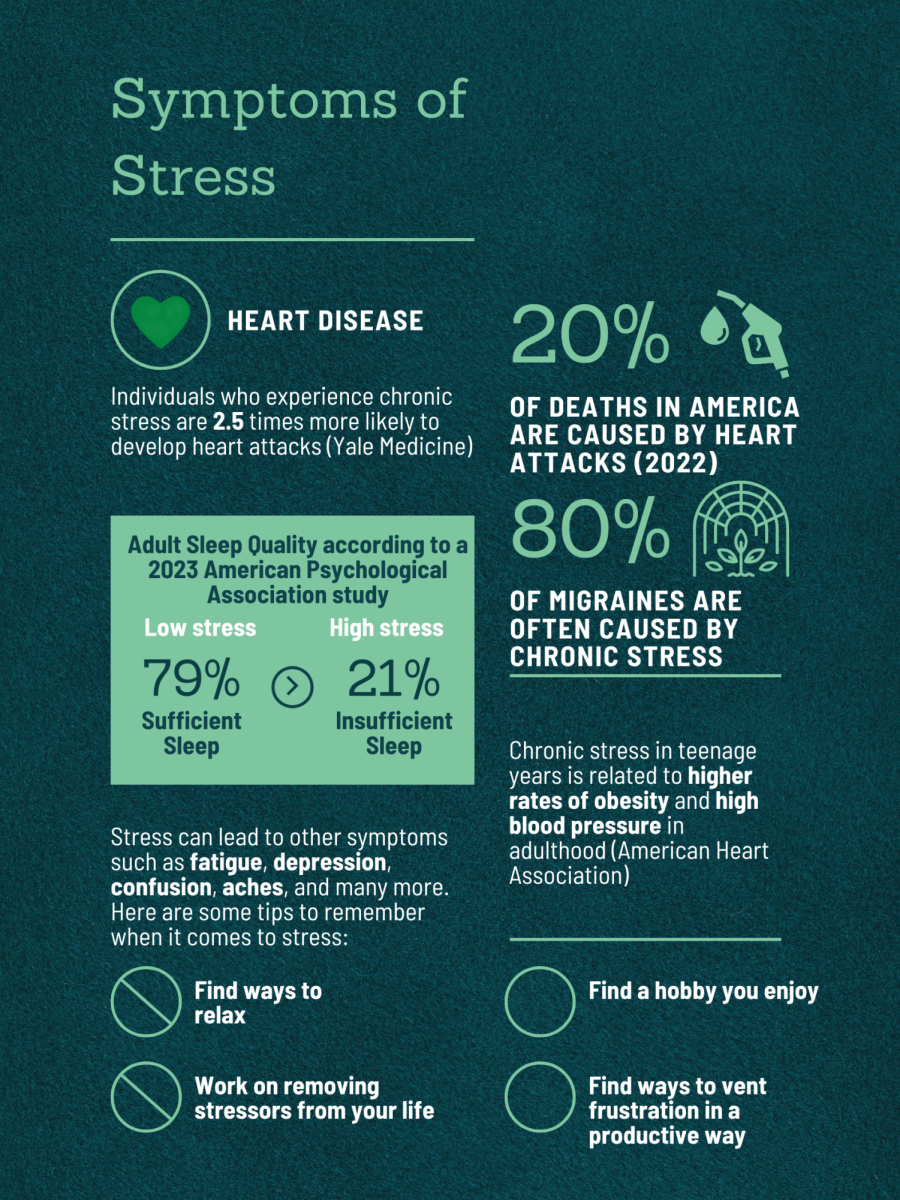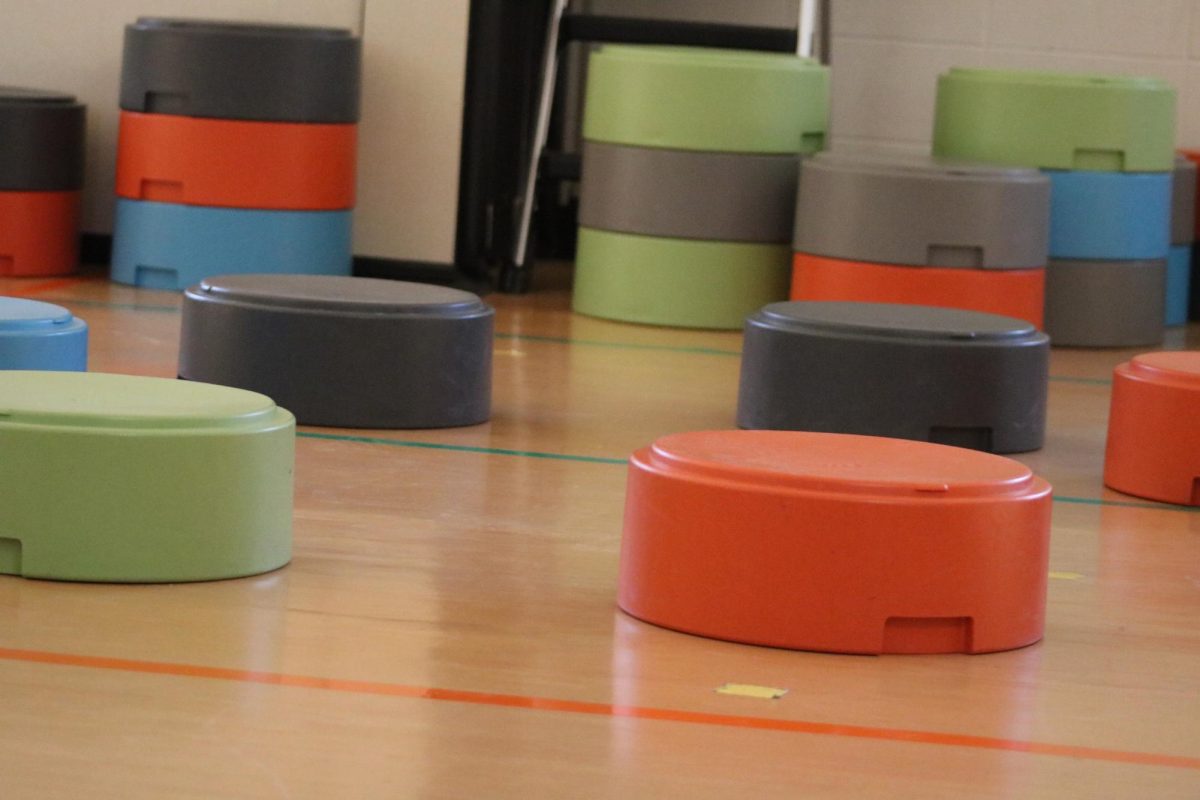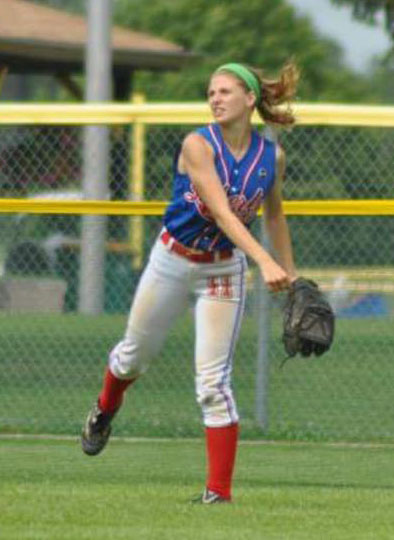
December.
For many high school students, this is a highly-anticipated month, as the holidays bring families closer together, along with a nice two-week break from tedious coursework. A relaxing Netflix binge-watching during the days of break usually bring facing family members at dinner time asking question after question about their future plans.
The answer?
“I don’t know.”
Understandably so, asking high school students–regardless of grade-level–what they want to do in the future can be too premature. Seniors can respond with the major of their choosing, yet according to College Parents of America, as many as 80 percent of college students change their major at some point during their college career. And that doesn’t even account for the number of students who enter a college undecided.
What about freshmen and sophomores? Not even halfway through their high school academics, there should be little reason at all to have a headache about future plans.
However, in the ever-changing high school sports world, an interesting trend has started to arise, which may cause some more concrete answers coming out of the mouths of underclassmen around the holidays.
LHS Athletic Director Mr. Briant Kelly noted that athletes who commit early should be open-minded about their coaches and academics in college.
“At the college level, there may be more changes with coaching,” stated Mr. Kelly. “Hypothetically, somebody could commit, but when it comes down to it, the person they committed to is no longer there.”
Mr. Kelly further stated that he has seen athletes already committing as middle-schoolers and freshmen, ages that he thinks is just too early.
“The athlete may make a commitment to a college and their academic choices may have changed, and even their athletic ability, for better or worse, so when you make a verbal [commitment], lots could change,” stated Mr. Kelly.
Sophomore varsity tennis player Stefano Tsorotiotis verbally committed to the University of Illinois. In his case, it was not solely the university approaching him for visits; he had many connections that made this opportunity possible.
“My personal coach knows the head coaches at Illinois very well so they contacted him to watch me a few times,” stated Tsorotiotis. “After that, I started scheduling unofficial visits because NCAA rules state that I can only socialize with the coaches while I’m on campus or if I call the coaches directly.” Tsorotiotis even started to be contacted by coaches in the eighth grade.
After he went down to see Illinois play a match against North Carolina and Duke, Tsorotiotis was hooked, as the atmosphere for the college tennis match was amazing, as the crowd and level of play made it enjoyable for him to be apart.
Junior Jessie Lauret also committed early to play softball at Purdue University. According to Lauret, she picked Purdue early because it relieved the some of the pressure of making the stressful college decision.
“It’s a major stress reliever,” stated Lauret. “Knowing where I will be playing college softball takes a lot of pressure off in school; I don’t have to have straight A’s for next year, which is kind of nice.”
Lauret originally played shortstop but changed to center field because of her size. She will look to focus on the upcoming Libertyville softball season to help her team to a successful year.
In addition to playing softball, Lauret was impressed with the academics at the university. Purdue ranks as one of the top universities for academics in Indiana, as Lauret would like to also focus on earning a degree to become a special education teacher one day.
The number of verbal commitments to various colleges and universities, starting as early as eighth year, have been increasing significantly over the past years.
In a 2008 study conducted on Rivals.com, a sports and recruiting website, over 50 percent of their top 100 football players verbally committed to a school–most of these cases before senior year.
Verbally committing to a college may give student-athletes a sense of security as to where they will be competing in their post-high school sports careers. Committing early may also bring a sense of relief and reality knowing that college teams accept student-athletes’ athletic abilities and want them to join their teams.
However, according to a Q and A article with Rivals.com recruiting experts, five out of the six experts noted that they see the trend as potentially harmful and dangerous to young athletes. They criticized the students’ inexperience with the schools by not touring or looking deeper into what the school has to offer for them. Just seeing a name and signing has Chris Nee, one of the Rivals.com recruitng experts, shaking his head at the thought of early-committing.
“You have prospects committing to verbal offers who know little or nothing about a school and have never visited,” stated Nee in the Q and A. “That sets the stage for them to be a future transfer when it turns out that it isn’t what he thought it was.”
The experts also disliked the idea of various schools offering scholarships to athletes without even going to any of their games or practices just because they saw another school offer scholarships to them. This lack of personal contact causes a disconnection between the college and student. Because colleges cannot officially make contact with players at their high schools, recruiters instead offer the desired athletes to their camps on campus, which constitutes a legal, unofficial visit.
Unofficial visits are when the athletes take a trip to campus on their own and tour it with family and friends. A visit is deemed official if any part of the visit is financed by the university.
Athletes will have to decide if the benefits of committing early are advantageous enough to make that important decision.



